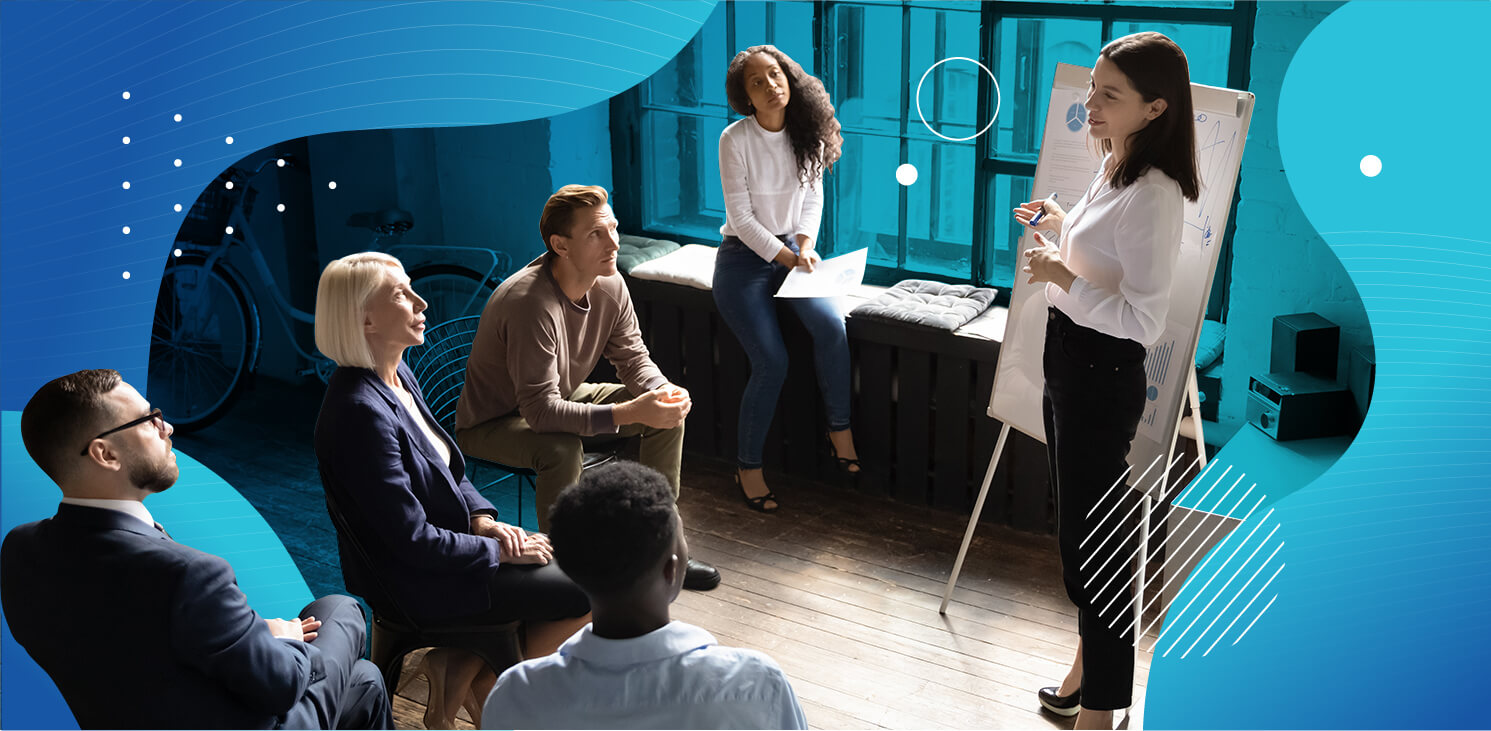
Learn High Ticket Sales: Skills, Strategies, and Mindset for Closing Premium Deals
Why Learning High Ticket Sales Matters
When you learn high ticket sales, you open the door to opportunities that go far beyond traditional selling. Unlike low-cost products that rely on volume, high ticket sales focus on premium offers that deliver substantial value and generate larger profits per transaction. These sales often involve services such as coaching, consulting, real estate, luxury items, and advanced business solutions. Mastering this area of sales can dramatically increase earning potential, offering higher commissions and long-term financial rewards. Many people believe selling expensive offers is about pressure or persuasion, but the reality is that it’s more about problem-solving and positioning value correctly. Businesses that rely on high ticket sales often achieve sustainable growth because they can focus on fewer but more profitable clients. This is why learning high ticket sales has become essential for professionals and entrepreneurs who want to scale effectively.
Core Skills Needed to Learn High Ticket Sales
The ability to learn high ticket sales requires developing specific skills that go beyond standard sales techniques. Building trust and credibility is the foundation, as clients investing in high-value solutions expect professionalism and confidence from the person selling to them. Active listening plays a critical role, ensuring you understand a prospect’s challenges deeply before offering a solution. Consultative selling is another must-have skill, where the focus shifts from pushing products to guiding clients toward decisions that benefit them. Emotional intelligence is equally vital because it allows sales professionals to remain calm, empathetic, and strategic when handling objections. Confidence and authority also play a part, as clients need reassurance that they are making the right decision with the right expert. By focusing on these skills, anyone looking to learn high ticket sales can build a solid foundation for consistent success.
Proven Strategies to Learn High Ticket Sales Effectively
One of the most powerful ways to learn high ticket sales is by understanding the structure of persuasive conversations. High ticket sales are not quick transactions; they require building a relationship of trust and showing that the solution offered provides undeniable value. Storytelling becomes a critical strategy because it helps illustrate benefits in a way that resonates with clients emotionally and logically. Pre-qualifying prospects saves time by ensuring you are speaking only with clients who have both the need and resources for your offer. Shifting the focus from cost to return on investment allows prospects to see the long-term financial or personal benefits instead of worrying about the upfront price. Adding social proof through client feedback and positioning yourself as an expert helps reinforce credibility. With these strategies, those learning high ticket sales can close deals with greater consistency and confidence.
The Role of Mindset in High Ticket Sales Success
To successfully learn high ticket sales, it’s not enough to master techniques; the right mindset is equally important. Sales professionals must shift from thinking about transactions to understanding the value they provide clients. When you see yourself as someone solving problems rather than selling, conversations naturally become more impactful. Fear of rejection is one of the biggest hurdles in high ticket sales, but reframing rejection as part of the process helps maintain motivation. Resilience becomes a critical quality, as following up consistently is often what separates those who close deals from those who don’t. Understanding the psychology of high-net-worth clients also plays a role, since their decision-making process often involves a balance of logic and emotion. By focusing on long-term client relationships and delivering ongoing value, salespeople can establish themselves as trusted advisors. With the right mindset, learning high ticket sales becomes a powerful tool for personal and professional growth.
Training Methods to Learn High Ticket Sales Faster
Practical training methods are essential for anyone who wants to learn high ticket sales quickly and effectively. Mentorship from experienced closers provides real-world insights that can accelerate learning. Role-playing scenarios are a highly effective tool, giving you the chance to practice objection handling, pitch delivery, and client engagement in a controlled environment. Self-study through books, online courses, and video content helps reinforce skills while allowing flexibility for learners. Networking with other sales professionals and joining communities provides opportunities to share experiences, gain feedback, and discover new approaches. Tracking performance metrics such as conversion rates and client satisfaction helps identify areas that need improvement. Workshops and live training events provide hands-on practice that builds confidence. Combining these methods ensures steady progress in learning high ticket sales while adapting to different client situations.
Common Mistakes When Learning High Ticket Sales
Even motivated professionals can stumble if they don’t recognize common mistakes when trying to learn high ticket sales. One of the biggest pitfalls is focusing too heavily on the product instead of the prospect’s unique needs. Another mistake is neglecting follow-ups, which often results in missed opportunities with clients who might need more time before deciding. Relying on high-pressure tactics can damage credibility and push potential clients away instead of pulling them closer. Poor preparation and lack of research about the client’s industry, challenges, and goals can lead to weak conversations. Another issue is failing to adjust sales techniques to match different client personalities, which can make communication ineffective. Many beginners also underestimate the importance of consistent practice and ongoing learning. By avoiding these mistakes, individuals can build stronger skills and more reliable results in high ticket sales.
Tools and Resources That Help You Learn High Ticket Sales
Today’s technology makes it easier than ever to learn high ticket sales with the right tools and resources. Customer Relationship Management (CRM) platforms help organize leads, track communication, and manage pipelines effectively. AI-driven call analysis tools can highlight where conversations succeed or fail, offering valuable feedback for improvement. Online training platforms provide structured courses that teach advanced sales strategies. Books and podcasts from established sales leaders offer practical tips and motivational insights. Webinars and live workshops provide opportunities to learn from experts and practice in interactive sessions. Networking events allow professionals to connect with potential mentors and clients while refining their pitch. By combining these tools, sales professionals can sharpen their skills and speed up the process of learning high ticket sales.
Real-World Applications of High Ticket Sales Knowledge
When you learn high ticket sales, the knowledge applies across many industries and business models. Entrepreneurs often rely on high ticket sales to scale quickly without needing thousands of low-value clients. Coaches and consultants use these techniques to attract premium clients who are willing to pay for expertise and transformation. Real estate professionals, luxury brand sellers, and financial advisors use high ticket sales strategies to close significant deals that impact their income substantially. Sales representatives who specialize in premium products enjoy higher commissions and greater recognition within their industries. Businesses that incorporate high ticket sales strategies often see increased lifetime value per client, building long-term profitability. On an individual level, learning high ticket sales can pave the way toward financial independence and career advancement. The ability to consistently close premium deals is a skill that creates lasting impact in both business and personal life.
FAQ on Learning High Ticket Sales
Q1: How long does it take to learn high ticket sales?
The time varies depending on commitment, but with consistent training and practice, many people start seeing results within a few months. Ongoing learning ensures skills continue improving over time.
Q2: Do I need prior sales experience before learning high ticket sales?
Not necessarily. While experience helps, beginners can still succeed by focusing on the right training, mentorship, and mindset.
Q3: What industries benefit the most from high ticket sales training?
Industries such as real estate, consulting, coaching, finance, luxury retail, and technology see strong results from implementing high ticket sales techniques.
Q4: How do I practice if I don’t have access to high ticket clients yet?
Role-play scenarios, mock calls, and working with mentors provide practice opportunities until you begin connecting with real clients.
Q5: What’s the biggest difference between regular sales and high ticket sales?
Regular sales focus on volume and lower prices, while high ticket sales prioritize premium value, trust, and long-term client relationships.


